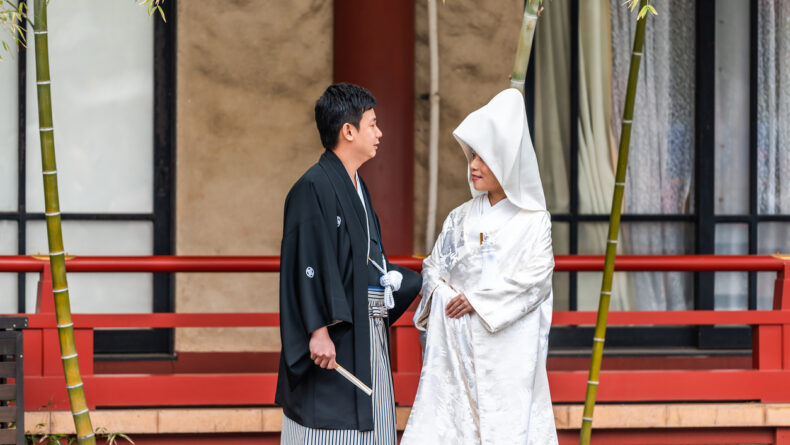Letters from Japan: “Dating App Issues”
Ask Hilary: Questions From Readers Answered
Savvy Tokyo's resident "Love in Japan" columnist, Hilary Keyes, answers anonymous questions from readers on everything from dating in Japan to women’s health issues. Got a question you’d like to ask Hilary? Send it to askhilary@savvytokyo.com.
Hey Hilary,
I am a dating app junkie, I can admit that. I work weird hours, I’m not allowed to date my coworkers/clients (guess what industry I work in!), and my Japanese isn’t that great. I’ve chatted to lots of people on the apps, but I haven’t had a single date come out of the conversations. It’s like no matter how great we get along online things just fade out after like a week. What gives?
—Dateless
Hi Hilary,
I’ve been single for a while and started back into the dating scene this year. I’m mostly using apps since I’m not a big bar or nightclub type, but I’m finding it really hard to find men that aren’t obsessed with talking about sex. It’s like every guy on these apps is just looking for a hook-up. I don’t have a problem talking about sex if I’m in a relationship with someone, but that’s not small talk to me. Why is it like this?
—R18 Adverse
Dear Dateless and R18 Adverse,
I thought I would combine your two questions because, unfortunately, you’re both suffering from similar issues. Though part of a wider, global trend, some of what is wrong with dating apps does have Japan-specific effects.
In Japan, there are essentially two types of dating apps: one to find a marriage partner and one to find someone.
Marriage partner apps are designed for those that want to get married—marriage is the goal, not an eventual step in the relationship. As such, they tend to have more rigid requirements for applicants. You are often required to prove that you’ve never been married before, proof of your income and address. Many charge a fee even for basic services, and others may include both matching via an algorithm then a consultation with a human match-maker to make sure your potential partner and you are compatible.
Deai-kei apps (出会い系 ‘matching apps’) such as Tinder and Bumble, for example, are meant to introduce you to people. You and someone else match if you both ‘like’ one another, and you have a conversation from there. Whatever comes from that initial match is up to the participants.
Though part of a wider, global trend, some of what is wrong with dating apps does have Japan-specific effects.
While convenient and a great way to meet a lot of people, matching apps have numerous disadvantages as well. Catfishing and bot accounts, plus data privacy problems are two of the main ones, but from a psychological perspective, they can also be overwhelming and cause self-confidence and self-esteem issues in users too.
A recent study by Stanford Medicine of Tinder users specifically found that, depending on what you’re looking for and how rational you are in your search, your experience with dating apps will vary greatly.
One point that they analyzed were people’s motivations for using the apps themselves, and, perhaps not surprisingly, about half of the actual human users were not on Tinder to find a partner. Often they were simply online to boost their self-esteem, combat depression/loneliness, or “just because.”
…they were simply online to boost their self-esteem, combat depression/loneliness, or “just because.”
In Japan it’s hard to find a lot of objective research on dating apps, but if you take research done by the apps themselves with a grain of salt, the vast majority of matching app users are looking for a partner to date/marry, or replied with ハッキリ目的なし (“No specific reason”), followed by one-night stand. Further down the list you’ll also find 暇つぶし (“to kill time”) as well.
Those last two categories are where both of your situations lie.
In your case, Dateless, you might be finding guys that don’t have clear intentions but enjoy talking to you. They may have vague intentions to date but, for whatever reason, simply not be willing to change the status quo. They could start talking with the best of intentions but when life gets in the way, they may not be able to find the time or lose interest in chatting in general.
Some, as you mention not being fluent in Japanese, might find any communication difficulties hard to overcome and decide that ending the conversation is easier for both of you. In the age of ghosting, it’s easier for them to walk away from a situation than it is to continue something they find difficult. Even more so if they don’t have a “real” reason for using the app in the first place.
As for your situation, R18 Adverse, you’ve found the other type of “no reason” users: those that just want to get off without the hassle of meeting a person and dating them properly. While people of any gender can be guilty of that, at least on dating apps in Japan, far more women report being objectified or exposed to overtly sexual messages from men than vice versa.
In the age of ghosting, it’s easier for them to walk away from a situation than it is to continue something they find difficult.
This mostly stems from how dating apps were first (and some say still are) perceived by the Japanese public. “If you want to have an affair, you either go to a bar or use an app. It takes zero effort to get laid” (Japanese, 50s). “Dating apps are for one-night stands, not relationships” (Japanese 30s). “You don’t meet datable men on apps” (Japanese, 20s).
R18 Adverse, the only way of coping with these sorts of users seems to be making ample use of the block and report features of the apps. You may still find someone that won’t react that way, but it will take time and energy on your part to weed through the results.
For both of you, I would suggest re-evaluating why you’re using the apps and what you’re looking for. Remember, you can control who you interact with, and have every right to use these apps in a safe way that best suits you. Best of luck to you both.
















Leave a Reply